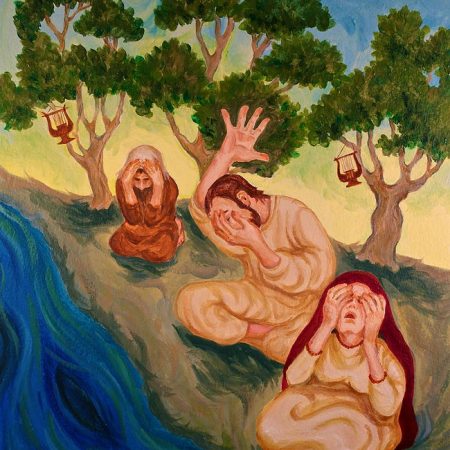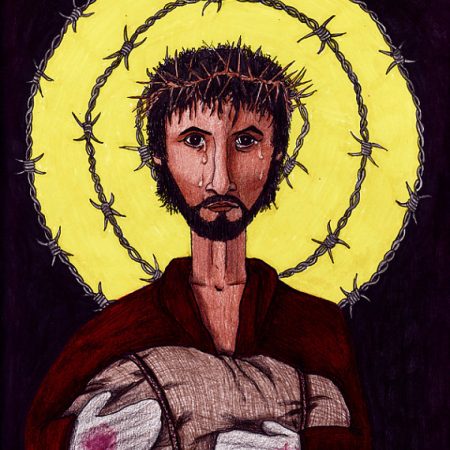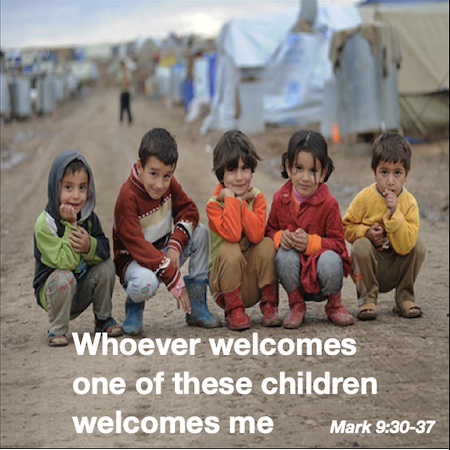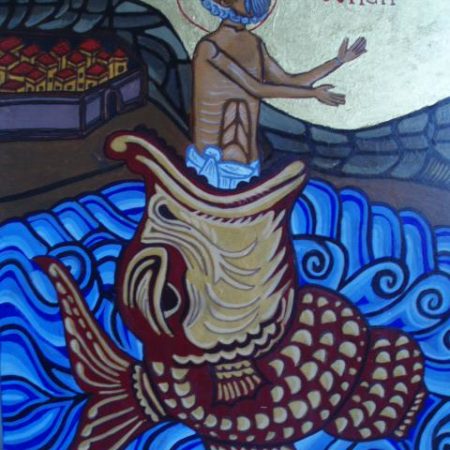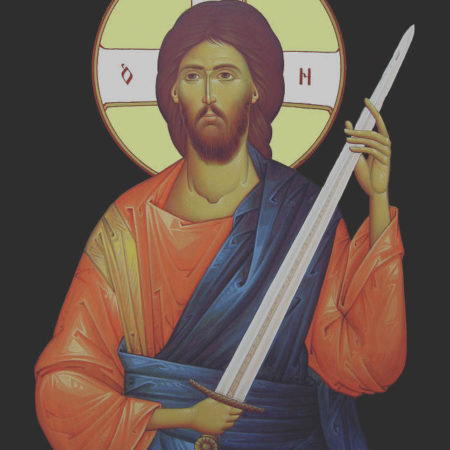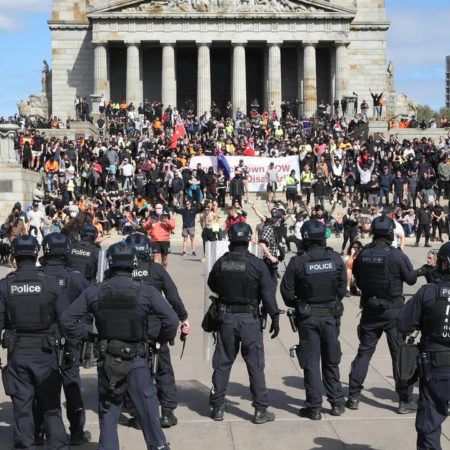The hope born at Christmas does not erase, deny, or hide from the horror of a violent world, but meets us in the midst of it.
Sermons on Violence
The saints of God are engaged in a war between conflicting empires battling for control of the world, but Jesus has radically transformed our understanding of how we fight.
In the face of social breakdown and environmental catastrophe, we are called, not to angry protest, but to creative expressions of love, compassion, and hospitality.
When we fear for our own safety, we condone the violence that promises to protect us, and we use religion to justify it, but Jesus wants to free us to rise above the fear without resorting to hatred and violence.
The book of Esther is like a joke that has aged badly, enabling us to see how righteous anger at anti-semitism can become its horrifying mirror image.
Jesus offers himself to us to serve and bless us, and calls us to do the same in serving and blessing others.
When misunderstood, being “the chosen” can mutate into a toxic culture of entitlement that produces horrific criminal behaviour, and Jesus calls us to join him in challenging that culture.
In his suffering death, Jesus calls us to solidarity with all who suffer, and in his complete lack of vengefulness, the risen Christ offers the hope of healing from our violence.
In order for men to step up and end the scourge of domestic violence, they need to experience themselves as loved and valued, liberating them to love others.
The story of Jonah challenges us whenever we start thinking that we have special rights as God’s people.
Many parts of the Bible can be and often are weaponised as tools of oppression, but when we read it critically, with and through the teachings and example of Jesus, it calls us to liberation and life.
If we keep imitating one another, paying back violence with vengeance, the world will be consumed in an escalating fury, but Jesus rescues us and gives us a life-giving example to follow.
God’s offer of unlimited forgiveness creates a new world in which we are free to stop judging one another and turning on one another and spiralling into violence and hatred.
Jesus did not come with the goal of making some gentle improvements to the status quo, but to disable the status quo by exposing its lies and revealing its victims. Without our culture being radically converted by that, the result is escalating chaos, to which Jesus offers himself as a victim and calls us to do the same.
The global social breakdown of which Jesus speaks is caused by the failure of our old oppressive ways of maintaining peace, but God has promised us a better way on the other side.
When we read scripture through the eyes of Jesus, we find a way free of the violent abusive images of God in some of the ancient texts.
In Jesus, rejoicing at our deliverance leads us not to retribution, but to a way of peace, living life for each other, praying for each other, and holding the good of each other before our own.
We live in amidst a culture of highly toxic, self-righteous, finger-pointing. Jesus calls us to a radical love which will stop the blame game but still speak transforming truth to those who oppress.
If we want to understand how Jesus saves us and what Jesus saves us from, we are going to have to abandon the most widely taught explanation.
Jesus shows us that even though there might be many things that don’t seem right to us, we would be wise to let many of them go and only fight the battles that really matter.

